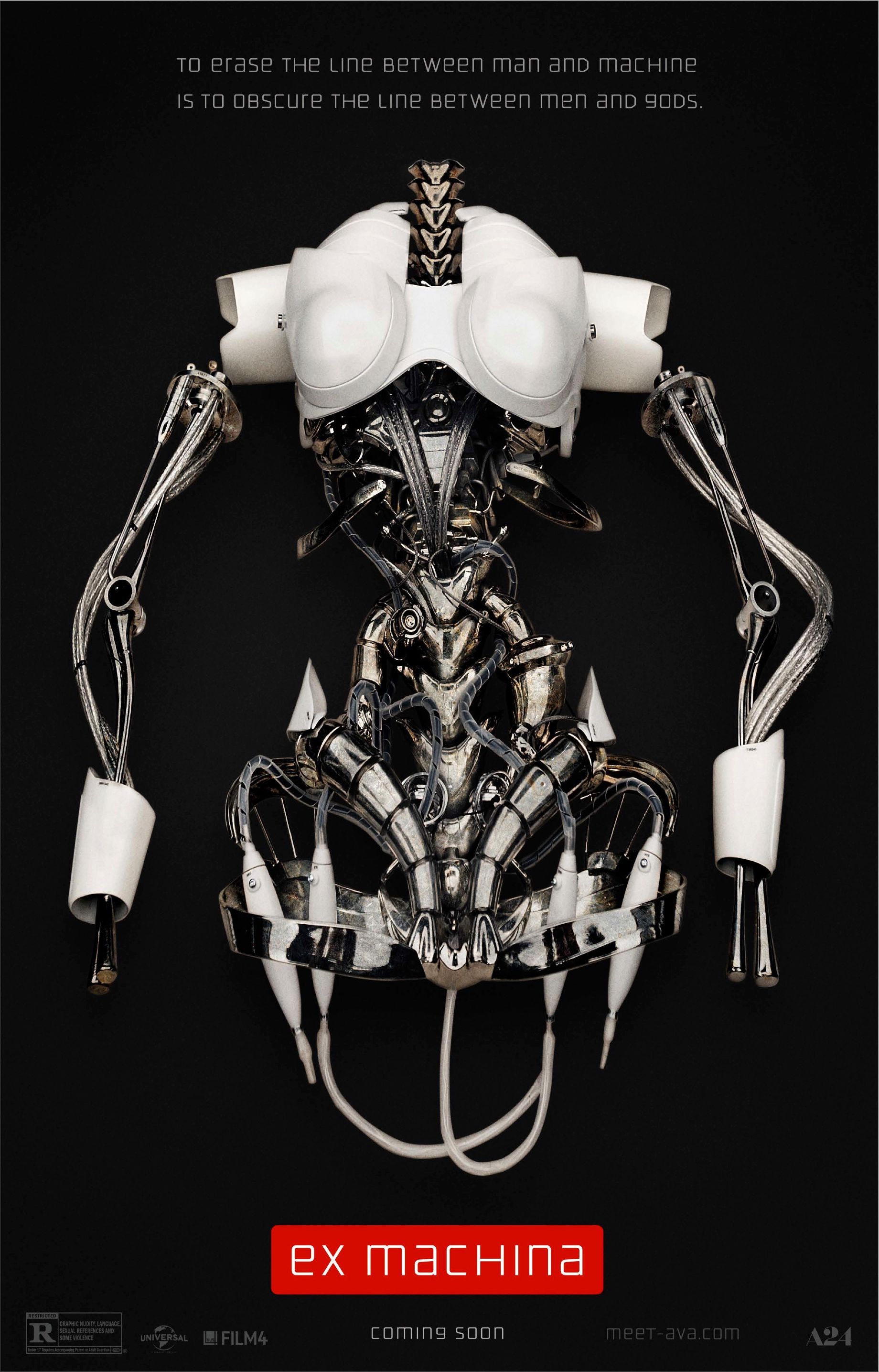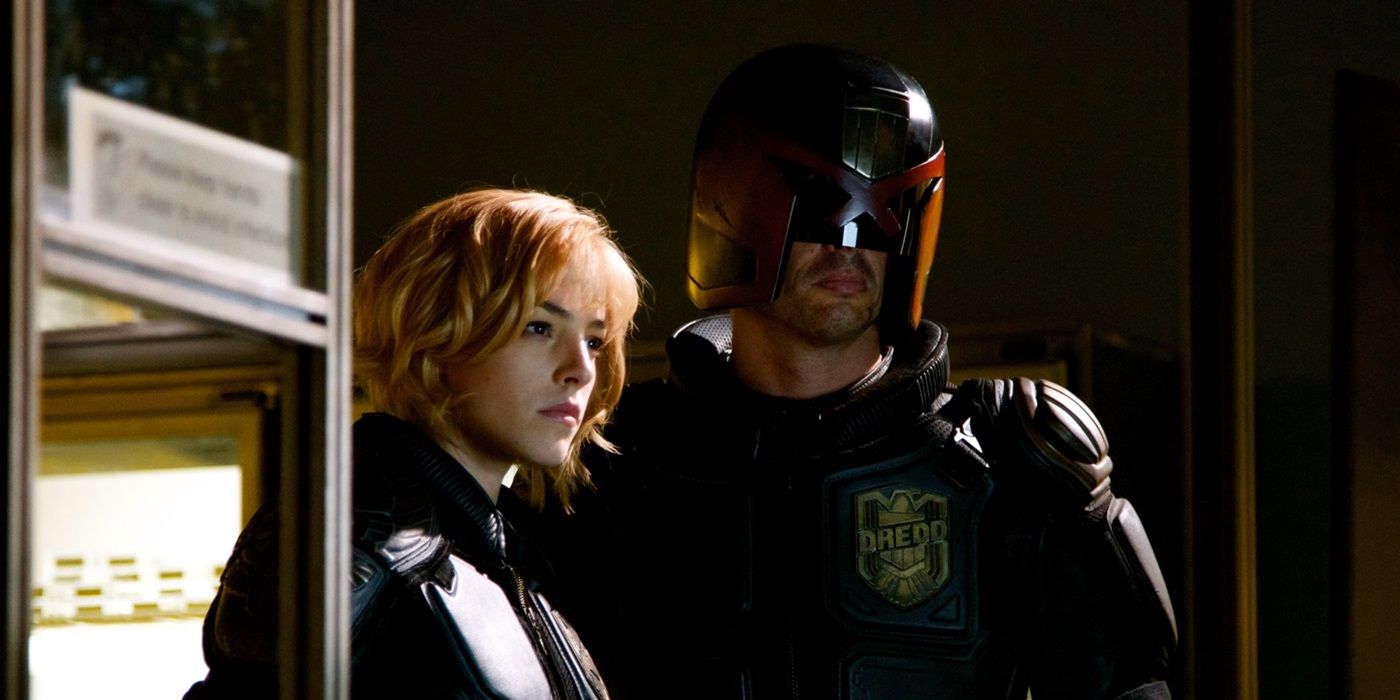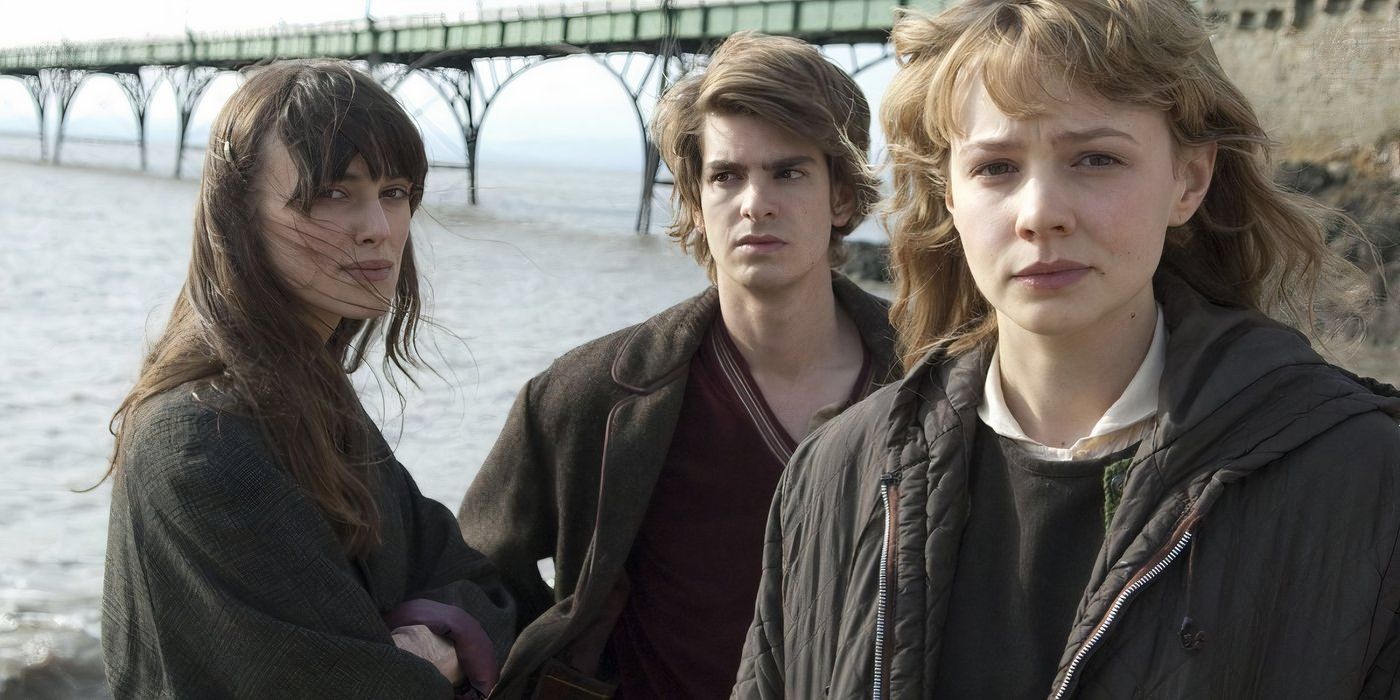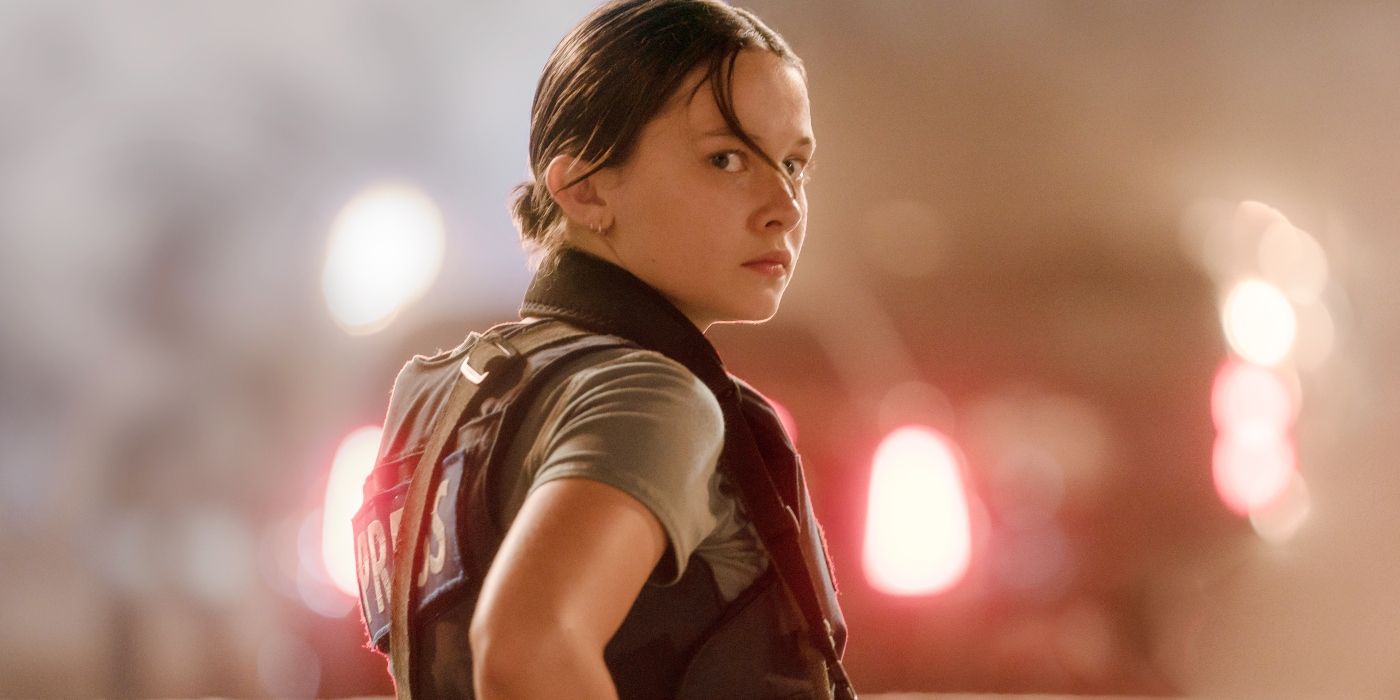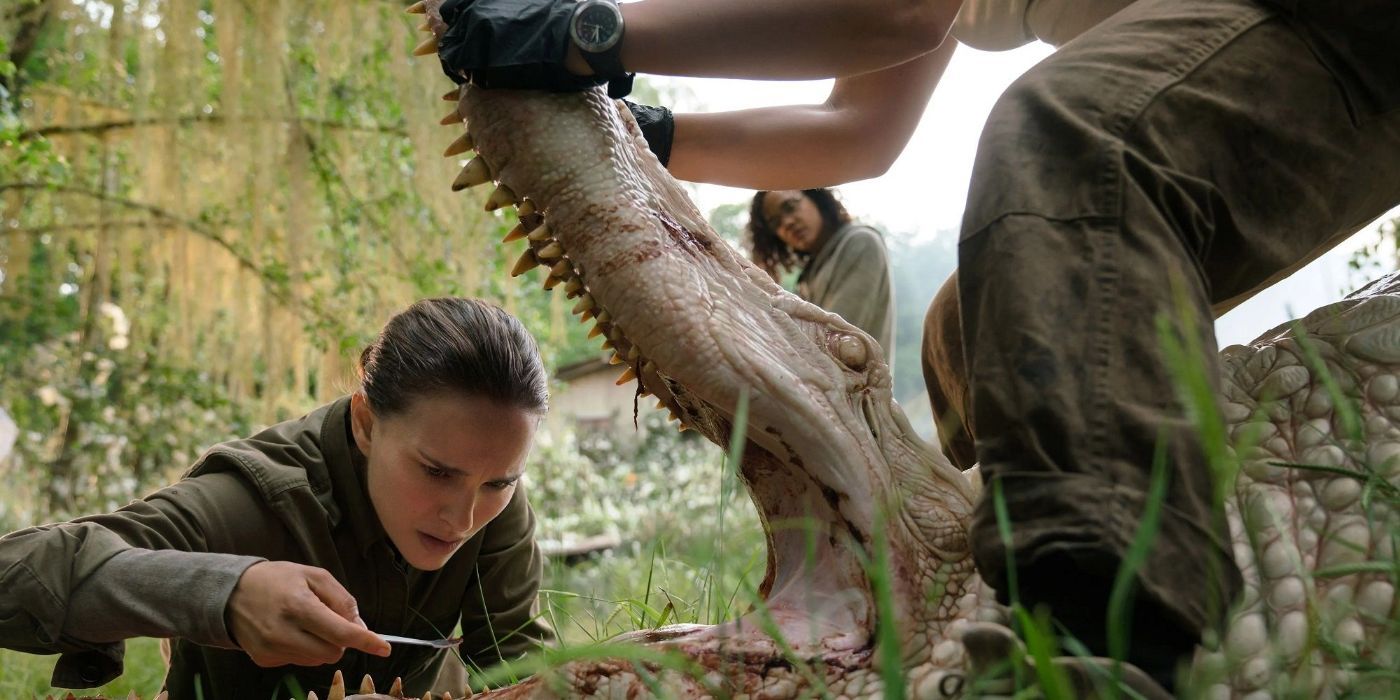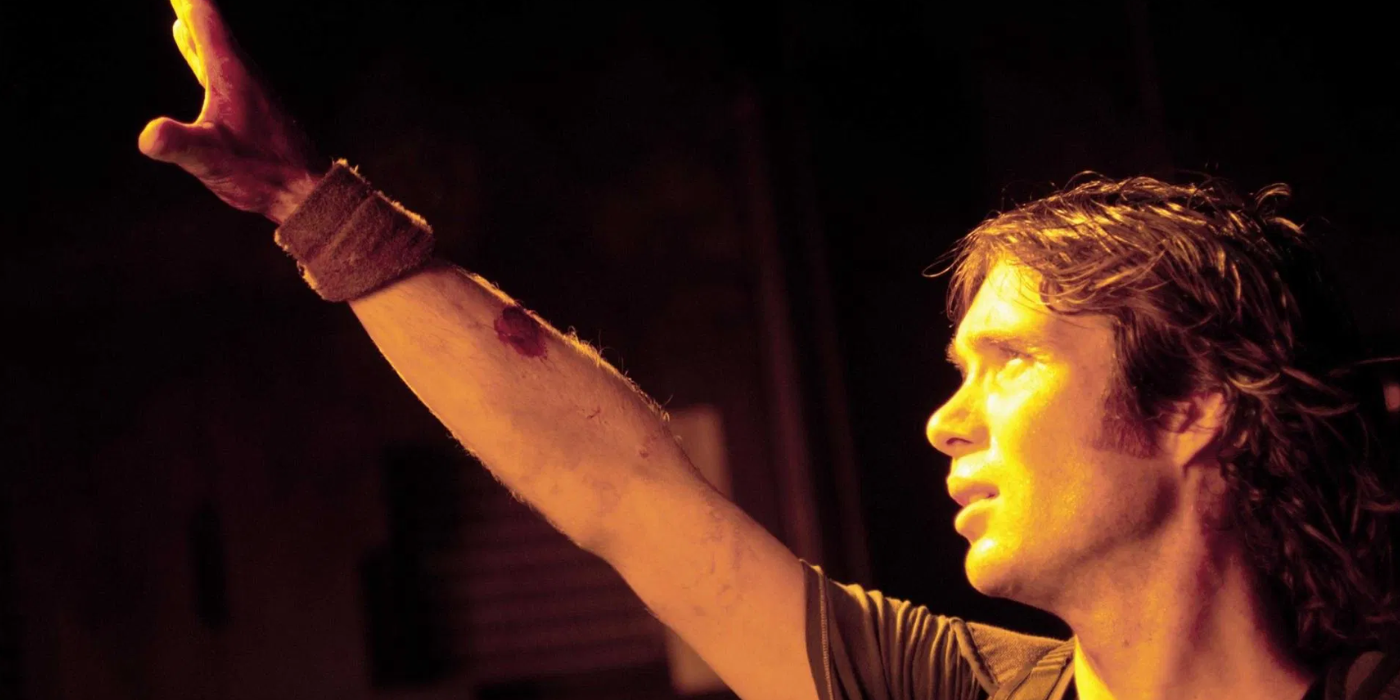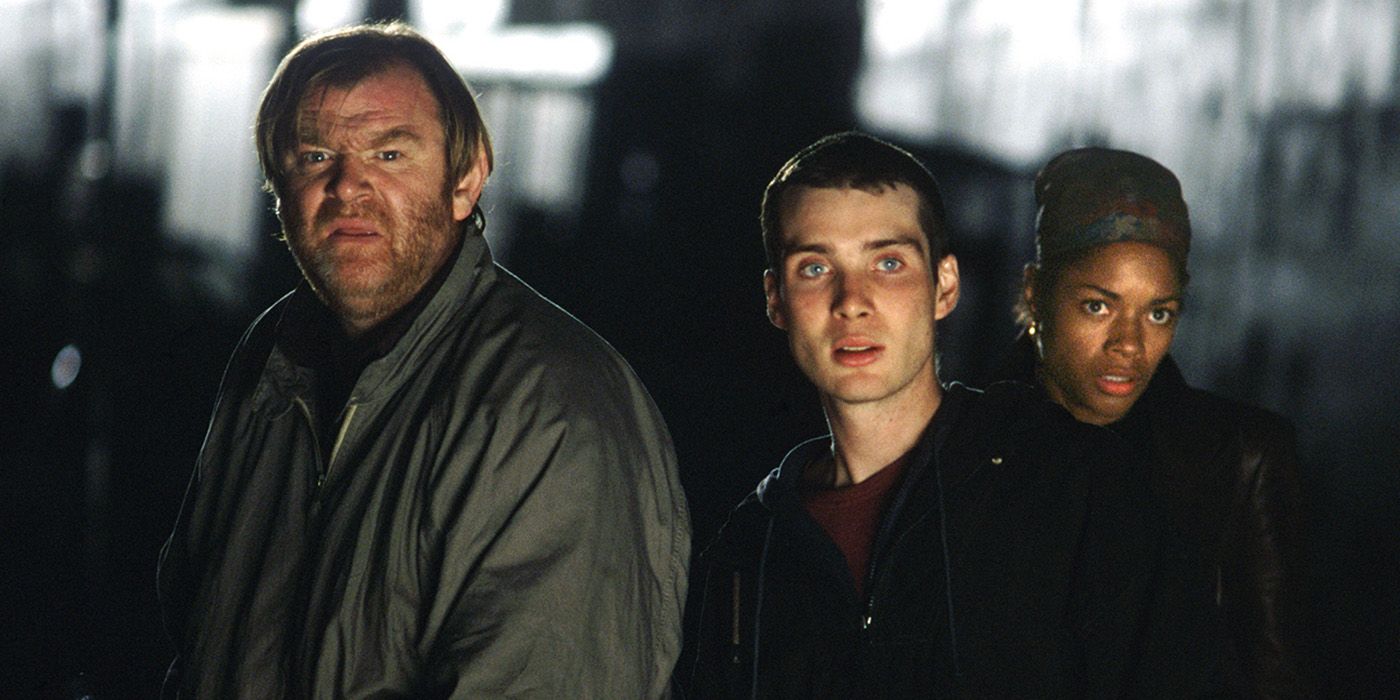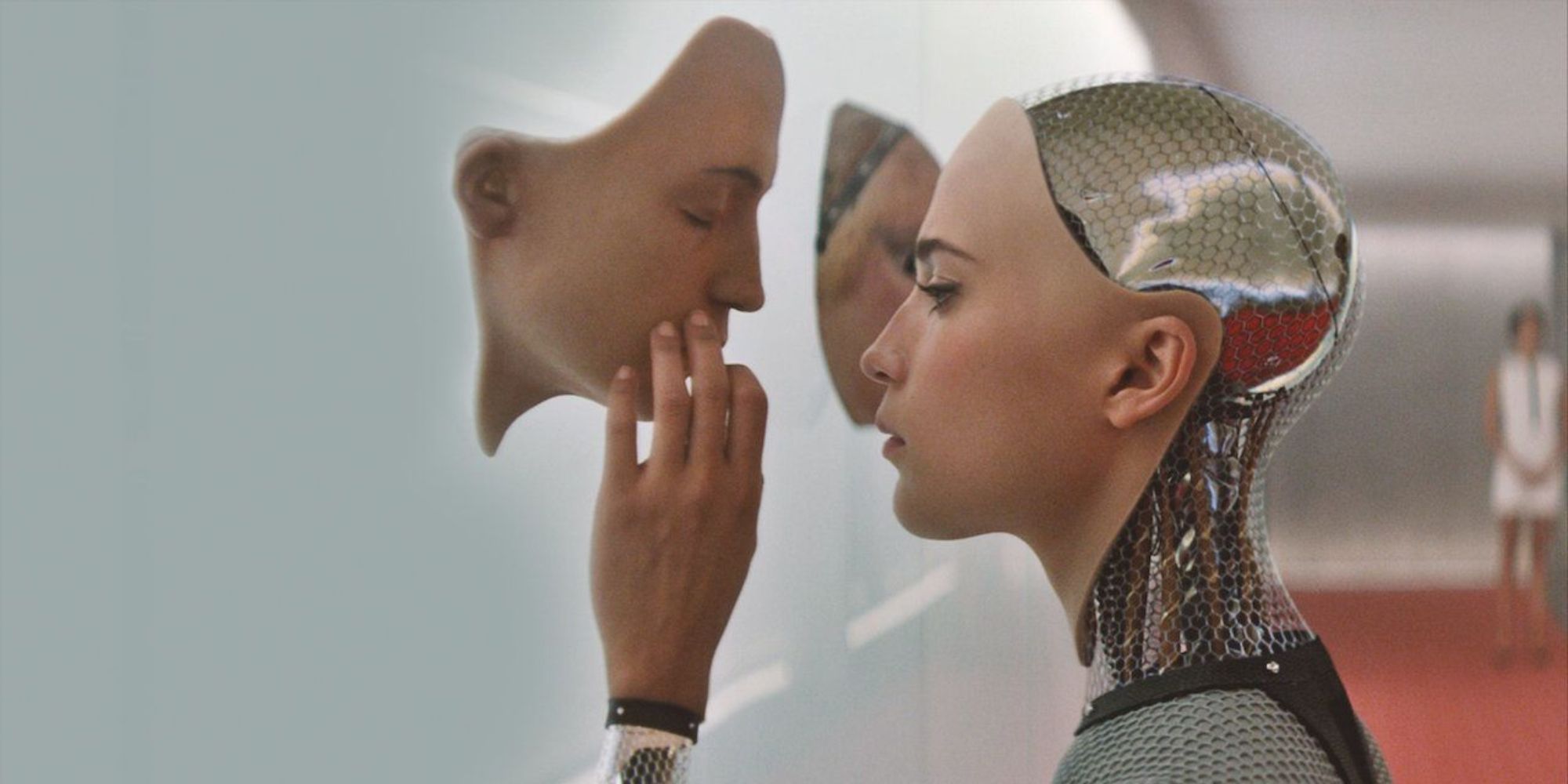Before Alex Garland got involved with making films, he was a published novelist, having written the books that two movies were subsequently based on: 2000’s The Beach and 2003’s The Tesseract. So, in a roundabout way, he was responsible for them eventually being movies, but he wasn’t credited for writing the screenplays, so they won’t be counted here.
The only other thing he wrote that won’t be counted here is Devs, since that’s a miniseries rather than a feature film. All the movies he did write or co-write are ranked below, though, and that includes a handful of films he also directed or co-directed. Generally, if a screenplay has his name attached to it, it’s a sign the movie will be compelling and entertaining, or, at the very least, interesting.
10
‘Dredd’ (2012)
Directed by Pete Travis
Hey, for what it’s worth, some people quite like Dredd. It’s sometimes considered one of the more underrated action movies of its era, but something has to go in last place. Dredd being here is less a suggestion that Dredd is bad, and instead, it’s more the case that the other movies Alex Garland had a hand in writing are a bit more compelling, interesting, and memorable.
Dredd is just an all-out action/sci-fi movie that has a good deal more style than substance, but at least that style is pretty impactful.
Dredd is refreshingly straightforward, which might add to its appeal, all the while putting it at odds with most of Garland’s other writing credits, as there’s more to chew on with those movies. This is just an all-out action/sci-fi movie that has a good deal more style than substance, but at least that style is pretty impactful, and the visuals are dazzling at times, so it’s good to just zone out to, or watch if you’re in the mood for something kind of mindless.
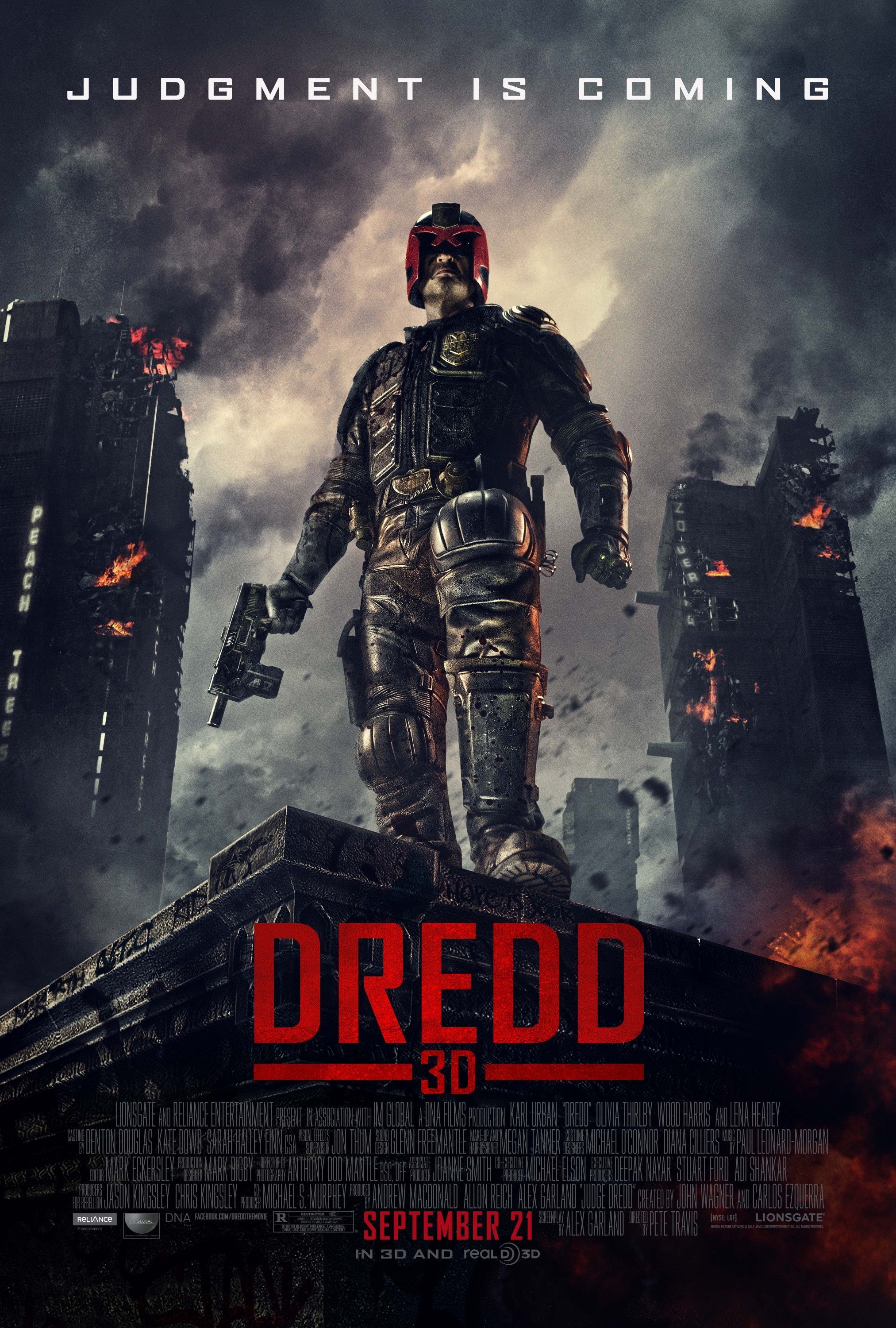
9
‘Men’ (2022)
Directed by Alex Garland
Of all the movies Alex Garland has written and directed so far, Men is quite comfortably his most challenging and divisive. It’s sort of a folk horror movie, but it’s also very focused on grim drama and exploring grief, perhaps even more than it is concerned with being scary. When it does want to unsettle, the places it goes to cause discomfort are… interesting? Maybe?
This movie swings big, like a lot of Garland projects, and it kind of hits at times while missing in other areas. Men is not a consistent or entirely well-executed film, but it has a certain recklessness and ambition that makes it perhaps more admirable than it is engaging. Parts of it feel in line with where the horror genre has been going lately, but then other parts are just something else altogether. If you watch it, you will come away feeling something at least.
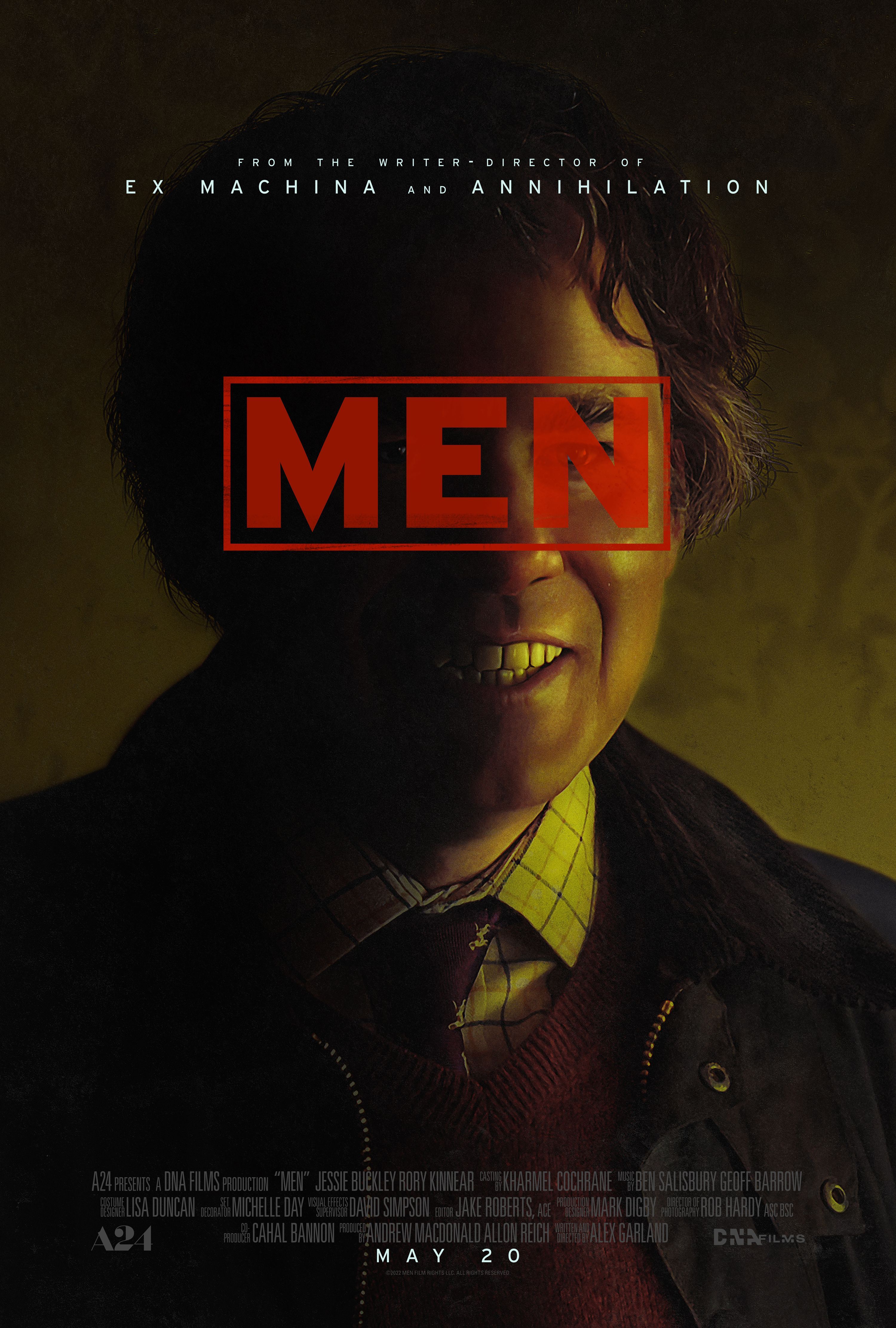
8
‘Never Let Me Go’ (2010)
Directed by Mark Romanek
The premise and themes found in Never Let Me Go line up pretty well with the sorts of things Garland has liked exploring in his original screenplays. This one, however, is based on the Kazuo Ishiguro novel of the same name, and is a decently faithful adaptation of a somewhat challenging read: a story about clones who are made just so their organs can eventually be harvested for “real” people.
Other movies might make that a twist, but Never Let Me Go makes that premise known pretty early on, and so much of the ensuing film has a feeling of dread, quiet sadness, and inevitable tragedy. It’s not a fun watch, but it works (and arguably falters) in much the same way the original novel did. Themes about existence, growing up, young love, and the meaning of life… they’re all there, but perhaps explored in more interesting ways in later sci-fi films written by Garland.
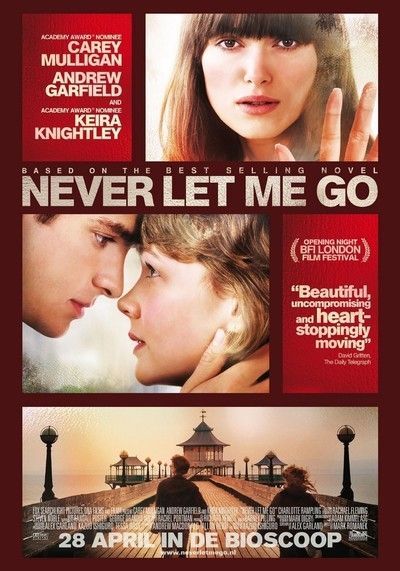
- Release Date
-
October 15, 2010
- Runtime
-
103 minutes
- Writers
-
Alex Garland, Kazuo Ishiguro
7
‘Civil War’ (2024)
Directed by Alex Garland
On a narrative front, Civil War is extremely simple. There is indeed a conflict going on in the U.S. that’s pretty much, as the title suggests, a new civil war. The film focuses, however, on a group of war journalists as they make a perilous journey across the country to reach Washington, D.C., attempting to document the fighting there before the capital falls.
Perhaps unexpectedly, Civil War is oddly lacking in political commentary for something about conflict and ideological differences. Its focus is on other thematic areas, for better or worse, and as an exploration of desensitization and dehumanization, it is often thought-provoking. It also works as something that captures, in what feels like a real way, how a modern-day civil war in the U.S. might look and feel, which makes it often nightmarish and viscerally upsetting.
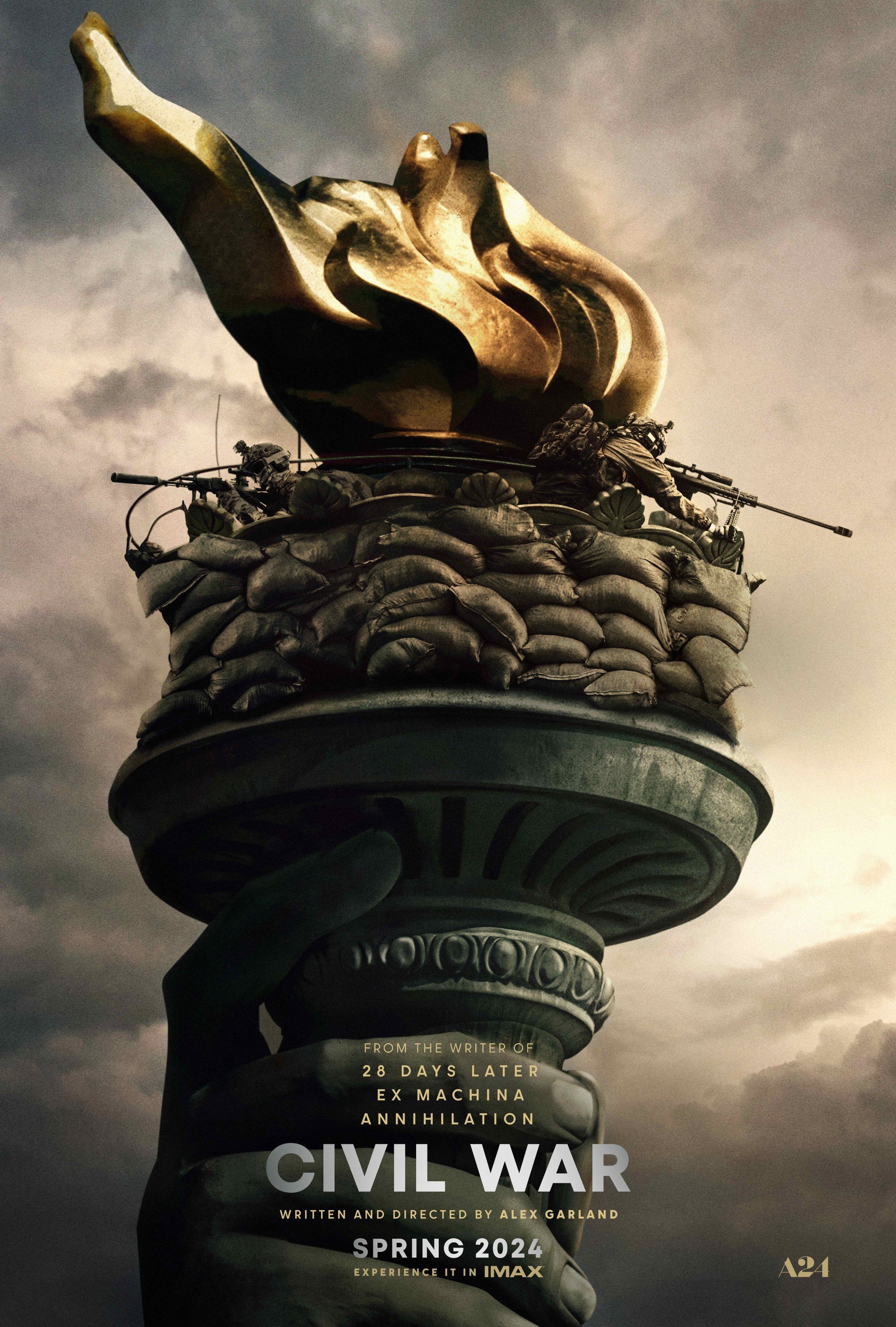
6
‘Annihilation’ (2018)
Directed by Alex Garland
Annihilation might well qualify as an arthouse science fiction movie, and it’s also eerie enough to sort of work as a horror film as well (albeit not one with constant scares). It’s about a group of women venturing into a mysterious zone, pretty much for the purpose of studying what goes on in there, but then no one’s really prepared for what they find and things just keep getting weirder.
Like with Never Let Me Go, Alex Garland adapted a challenging novel here, but he also directed the movie, so he got a bit more control over it, with the film being quite different, in some ways, to the original novel by Jeff VanderMeer. Annihilation is confusing and unsettling at times, but by design, and it also proves quite absorbing if you can get on its strange wavelength.
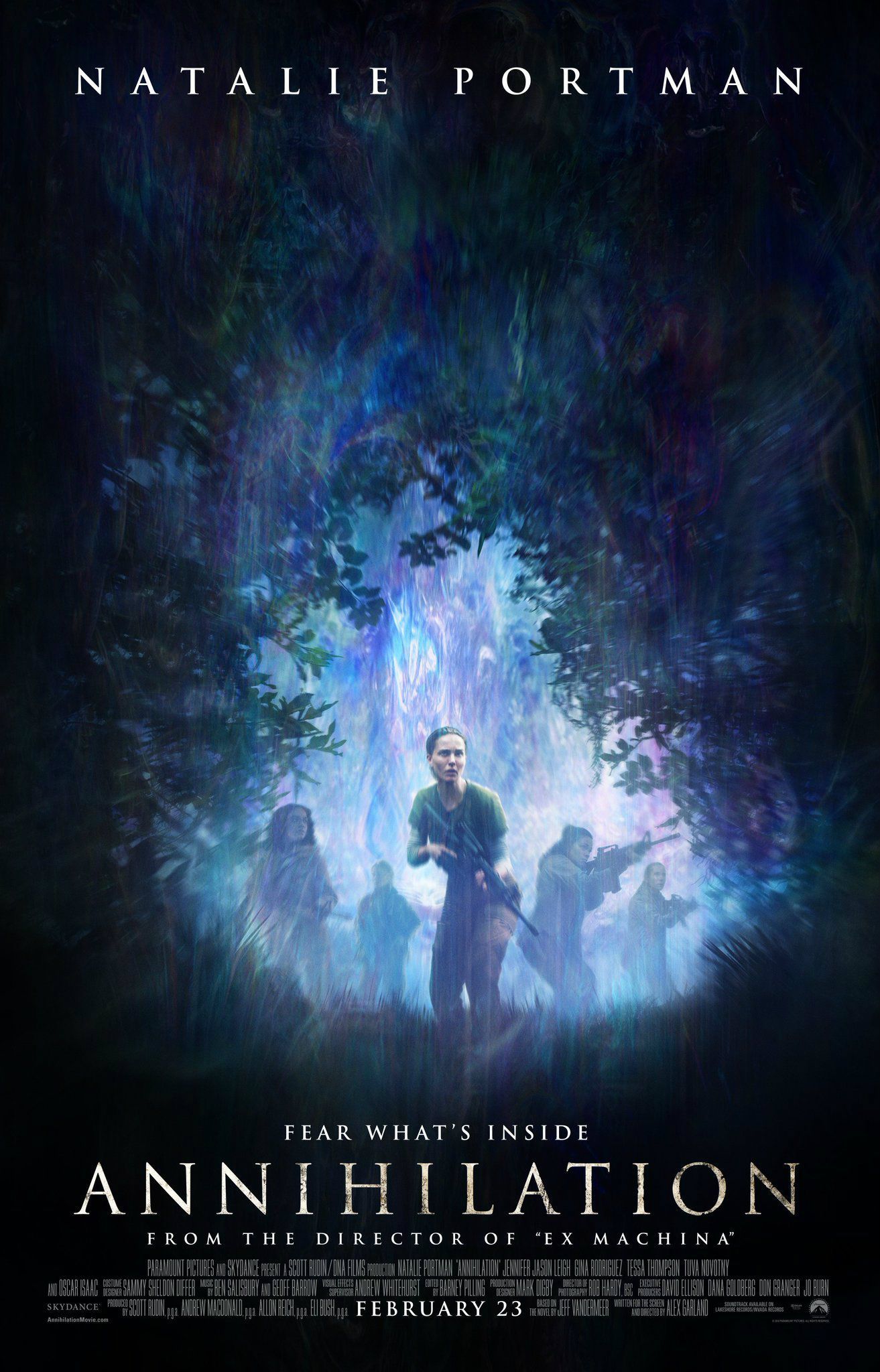
5
’28 Years Later’ (2025)
Directed by Danny Boyle
The third movie in what’s looking to be an ongoing (and potentially long-running) zombie-related series, 28 Years Later, as the title suggests, picks up almost three decades on from the first outbreak of the appropriately named Rage Virus. All of Great Britain is under quarantine, and those still trapped inside have to co-exist with an infected population that’s not only growing, but also evolving.
As a sequel, 28 Years Later largely satisfies, and can be seen as an improvement over 28 Weeks Later (which Alex Garland, admittedly, didn’t get credited with writing, nor was Danny Boyle the director). 28 Years Later goes to some unexpected places, and while a few of its riskier ideas don’t entirely pay off, most of it is quite compelling, intense, visually engaging, and well-acted.
4
‘Warfare’ (2025)
Directed by Ray Mendoza, Alex Garland
Warfare works as a good companion film to Civil War, and is arguably even better. It feels about as realistic and grounded as war movies that aren’t documentaries can possibly get, and much of this is likely thanks to Ray Mendoza also co-writing and co-directing this film, as he was involved in the events that Warfare ultimately depicts in unflinching detail.
There isn’t much by way of a story here, as Warfare is instead all about a situation that spirals out of control, and how the soldiers caught up in it ultimately evacuate. That’s all there is, and that’s all there needs to be, because the way it’s executed is absorbing and extremely intense. It’s the sort of film that is startlingly good at making you feel, as much as a film can, like you’re really there.
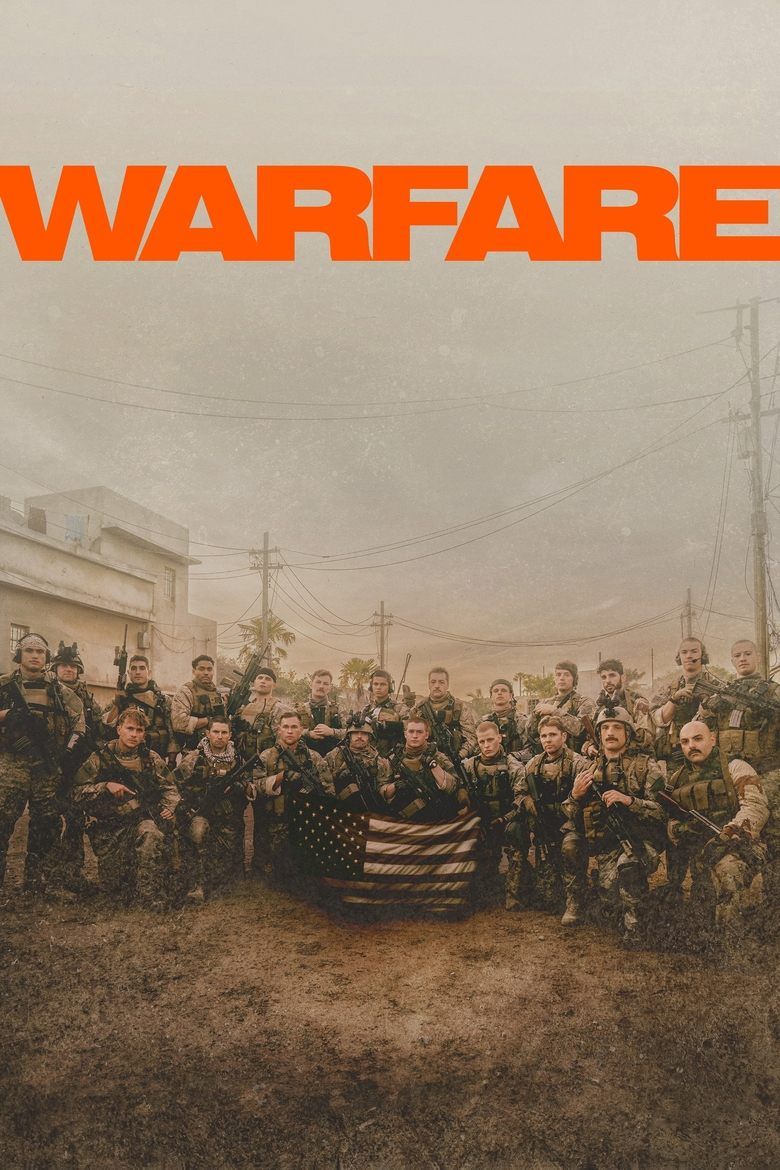
3
‘Sunshine’ (2007)
Directed by Danny Boyle
There’s a lot going on in Sunshine, even if the central premise basically boils down to this: the sun is dying, the world is at risk of being plunged into eternal darkness and arctic temperatures, and a group of astronauts have to try and save humanity. They venture out on an ultimately next-to-impossible mission and, for obvious reasons, the stakes couldn’t really be any higher.
Saying any more than that might be saying too much, but Sunshine gets the job done in more ways than one; that’s the main thing. It’s a fairly underrated sci-fi movie, in some ways, and it also boasts one of the most impressive ensemble casts of the 2000s, with almost every major role here being played by an accomplished and/or recognizable actor.
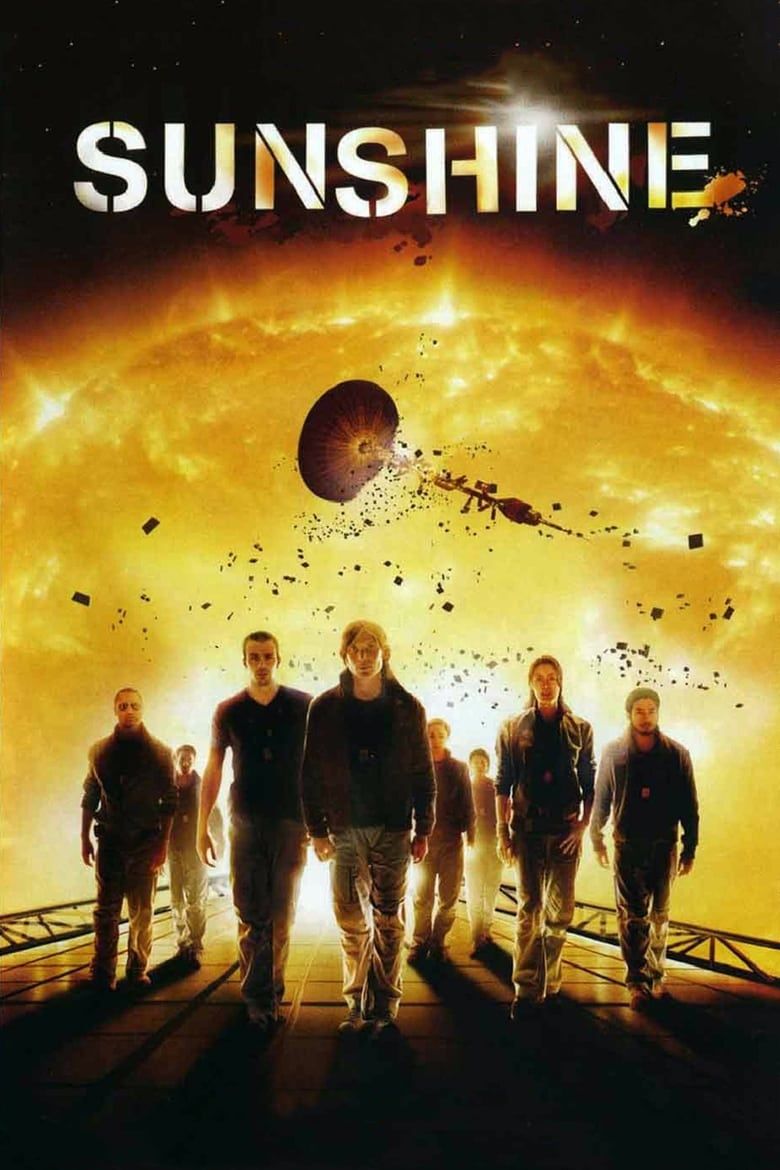
2
’28 Days Later’ (2002)
Directed by Danny Boyle
28 Days Later is one of the most distinctive and significant zombie movies ever made, but you probably knew that already. It was the first movie Alex Garland officially wrote a screenplay for, and it remains the best screenplay he wrote that he didn’t also direct. Danny Boyle was the director here, as he was for the aforementioned 28 Years Later and Sunshine, and his work here was immense.
As for the plot, 28 Days Later is mostly about survival, and it has a bit of a road trip thing going for it, potentially being comparable to Civil War in that way (but with infected everywhere, instead of seemingly apolitical soldiers). So much of it holds up well and still feels impactful, and there’s an argument to be made that it’s the most out-there and/or influential zombie movie since 1968’s Night of the Living Dead; i.e., the one that started it all, pretty much.
1
‘Ex Machina’ (2015)
Directed by Alex Garland
Standing as one of the best sci-fi movies of the century so far, Ex Machina was a super impressive directorial debut for Alex Garland, and it still contains what’s likely his single best screenplay to date. It does so much with just a handful of main characters and a confined setting, taking place at a private mountain retreat owned by an eccentric CEO who has made some surprising advances in the development of artificial intelligence.
That’s keeping things vague, because even though Ex Machina is now a decade old (or more, depending on when you’re reading this), it’s got surprises in it that are still worth keeping secret, on the off-chance you haven’t seen it yet. It’s a wild ride of a film, working as both entertainment and something more thought-provoking all at once. It’s extremely well-balanced, and even kind of disturbing/alarming in how forward-thinking it was, even though it’s not technically a horror movie.
